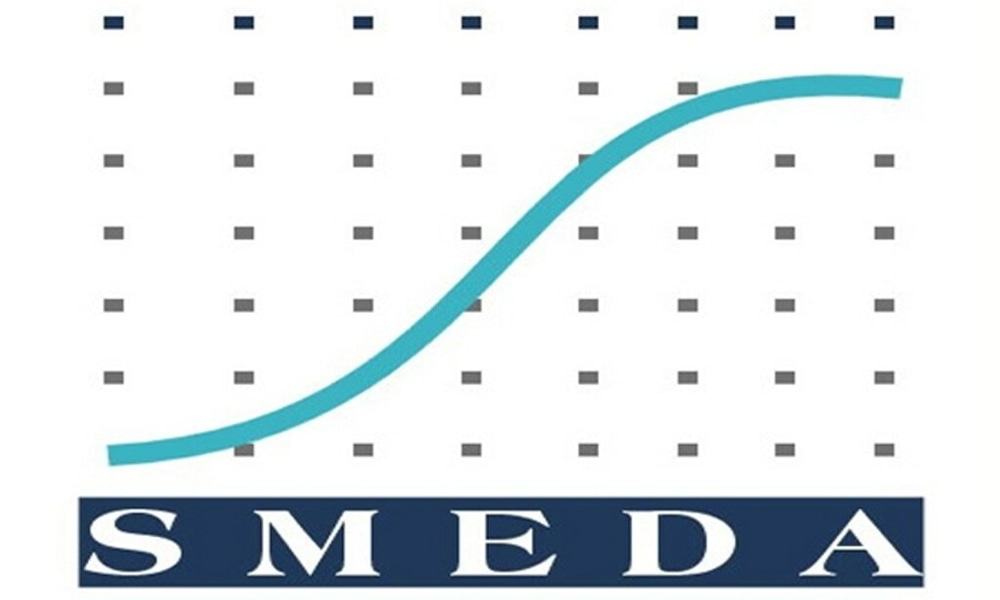Copyright leadership

Ahead of the 30th session of the United Nations Climate Change Conference (COP 30) in Brazil, President Bola Tinubu has approved the adoption of a National Carbon Market Framework, the operationalisation of the Climate Change Fund and the restoration of the National Council on Climate Change (NCCC) to the budget line. The goal was to establish and manage Nigeria’s participation in carbon markets, enabling the nation to unlock between $2.5billion and $3billion annually in carbon finance over the next decade to help meet climate goals. The approvals followed a presentation by the Director General of NCCC, Mrs Omotenioye Majekodunmi, at the second meeting of the Council held on Thursday evening at the Presidential Villa, Abuja. President Tinubu, who was represented by Vice President Kashim Shettima, said the approvals were part of measures by his administration to properly position Nigeria to leverage opportunities in the global carbon market and be more active in climate change ecosystem. According to a statement by presidential spokesman, Stanley Nkwocha, the Nigerian leader also set the agenda for Nigeria ahead of the forthcoming COP 30 scheduled for Belem, Brazil, saying the focus was to harness all of the opportunities for financing climate resilient projects and related interventions, particularly from the global carbon market. The President said his administration recognised the fact that addressing climate change was not just an environment imperative but an opportunity to unlock new investments, jobs and innovations across the nation’s energy, agriculture and industrial sectors. He said, “Nigeria stands ready to takes its rightful place as a global leader in climate action, ensuring that our voice and our reality are heard and respected in international negotiations. “We have demonstrated this commitment through our active participation in the UNFCCC process, our progress towards implementing our nationally determined contributions and our efforts to mobilize climate finance for adaption and mitigation across all levels of government.” The President assured that as chairman of the Council, climate action will continue to be prioritised in his administration’s development agenda. “We will continue to champion policies that protect our people, strengthen our economy and position Nigeria as a destination for green investment and innovation,” he added. Earlier, the Director-General of the National Council on Climate Change and Secretary to the Council, Mrs. Omotenioye Majekodunmi, informed the council chaired by Vice President Shettima, who represented President Tinubu, that the meeting was timely ahead of the 2025 United Nations Climate Change Conference (COP 30) scheduled to hold in Brazil. She said the deliberations and decisions of the council would shape how Nigeria is perceived globally and determine how effectively the country can mobilize support to achieve its climate goals. The Council Secretariat expressed its commitment to providing the technical leadership and coordination needed to translate Nigeria’s climate goals into measurable results. Presenting the Council’s progress report, Majekodunmi disclosed that Nigeria is now eligible to access new rounds of climate finance from multilateral funds. Highlighting the Secretariat’s key requests, she said the Council sought the adoption of the National Carbon Market Framework to enable Nigeria unlock between $2.5 billion and $3 billion annually in carbon finance over the next decade. The Council also requested the operationaliszation of the Climate Change Fund to ensure immediate readiness for fund mobilisation and utilisation. The final request was for the Council to restore the NCCC budget line within the annual FAAC allocation to guarantee the financial stability of the Climate Change Fund. The Minister of Finance and Coordinating Minister of the Economy, Wale Edun, backed the Council Secretariat’s recommendations, noting that Nigeria must secure a strong position within the carbon framework. He assured the Council of the Finance Ministry’s support, including coordination with the ministry’s economic department to host a quarterly Climate Finance Tracking Dashboard.



